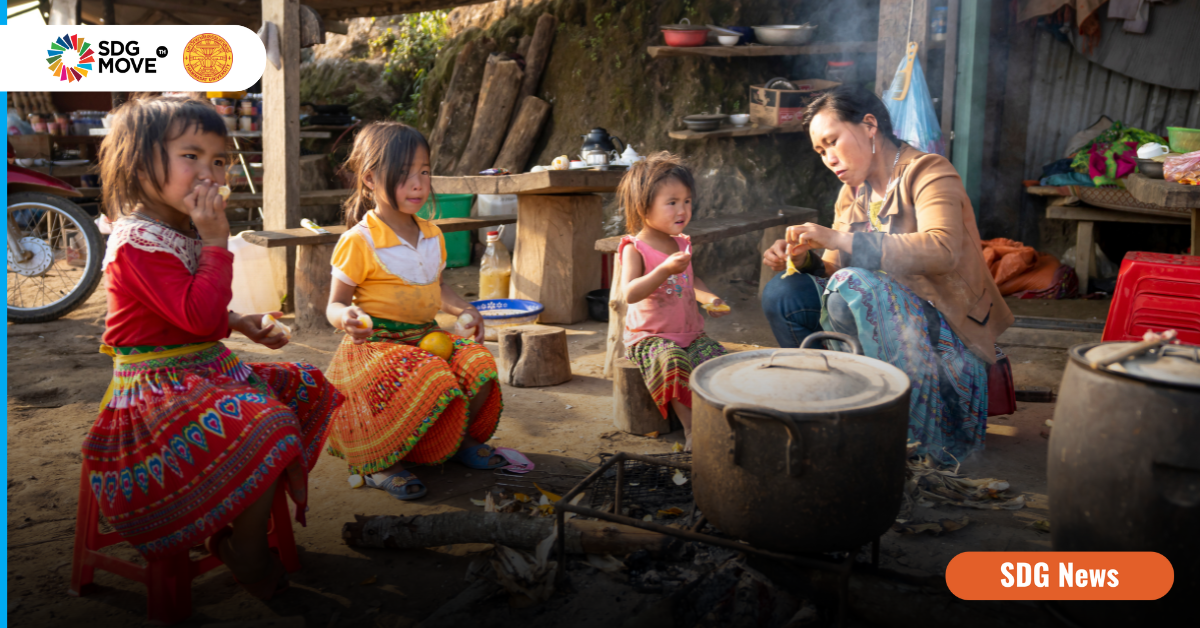On 8 January 2025, Thailand’s House of Representatives held its sixth meeting of the second annual ordinary session and voted to remove the phrase “including ethnic tribes” from Article 3 of the Draft Act on the Protection and Promotion of the Way of Life of Ethnic and Indigenous Communities. The motion passed with 252 votes in favour of the majority committee’s recommendation to exclude the wording, while 153 MPs supported the minority committee’s proposal to retain it.
The majority of Members of Parliament (MPs) who voted to omit the term cited concerns over national security and territorial integrity. MP Akaradej Wongpitakroj from Ratchaburi Province, representing the United Thai Nation Party, stated that the concept of “ethnic tribes” evokes comparisons with Indigenous peoples in the United States who were colonised, such as Native American communities. He argued that Thailand does not have such groups, asserting that the Thai people have lived on this land since ancient times. In his view, ethnic communities living on the margins of society are “ethnic groups,” not “ethnic tribes.”
Akaradej further explained that while the bill is designed to protect the rights of ethnic groups and ensure their full inclusion, he supports removing the term “ethnic tribes” because of its implications under the United Nations Declaration on the Rights of Indigenous Peoples (UNDRIP). He warned that recognising such groups under international frameworks might lead to future demands for self-determination, particularly in politically sensitive regions such as Thailand’s Deep South.
However, these concerns were challenged by others in the debate. Chupinit Kasemanee, a member of the drafting committee, cited Article 46 of UNDRIP, which explicitly states that the Declaration does not grant the right to undermine the territorial integrity of any state. He criticised those who misunderstood or failed to read the full text of the declaration and highlighted that legal recognition of ethnic tribes not only affirms their identity but also allows them to access international support, including development funds, educational opportunities, and participation in global forums such as the United Nations Permanent Forum on Indigenous Issues.
Sunai Chaiyasit, representing the minority committee, added that although “ethnic groups” can be broadly defined to include “ethnic tribes,” the latter possess distinct cultural characteristics that require specific forms of protection and promotion. She maintained that acknowledging these groups ensures they are not erased or absorbed under prevailing cultural norms, and it is not about giving them privilege. She cautioned without clear recognition that ethnic tribes might still be subjected to systematic marginalisation, cultural degradation, and exclusion from both legal protection and development funds.
This decision comes at a time when Thailand is striving to demonstrate progress on the Sustainable Development Goals (SDGs), particularly Goal 10 on reducing inequalities, Goal 16 on promoting inclusive and accountable institutions, and Goal 17 on partnerships that leave no one behind. The removal of the term “ethnic tribes” raises concerns that the bill, in its current form, fails to reflect the spirit of inclusion and cultural recognition that the SDGs promote. It may hinder the meaningful participation of vulnerable communities in decision-making and block access to international mechanisms and funding that support sustainable and culturally sensitive development.
Although the measure still provides a legal framework for ethnic rights, its limited scope risks marginalising people with different cultural identities and historical disadvantages. Therefore, the elimination of “ethnic tribes” from the legal language could be considered a lost chance for Thailand to match its domestic legal system with its worldwide obligations to human rights and sustainable development.
This article relevant to;
#SDG10 Reduced Inequalities
– (10.2) By 2030, empower and promote the social, economic and political inclusion of all, irrespective of age, sex, disability, race, ethnicity, origin, religion or economic or other status.
Source : สภาโหวตตัดคำ ‘ชนเผ่าพื้นเมือง’ ในร่าง พ.ร.บ.ชาติพันธุ์ เหตุกังวลปัญหาความมั่นคง (ประชาไท)
Last Updated on June 24, 2025











